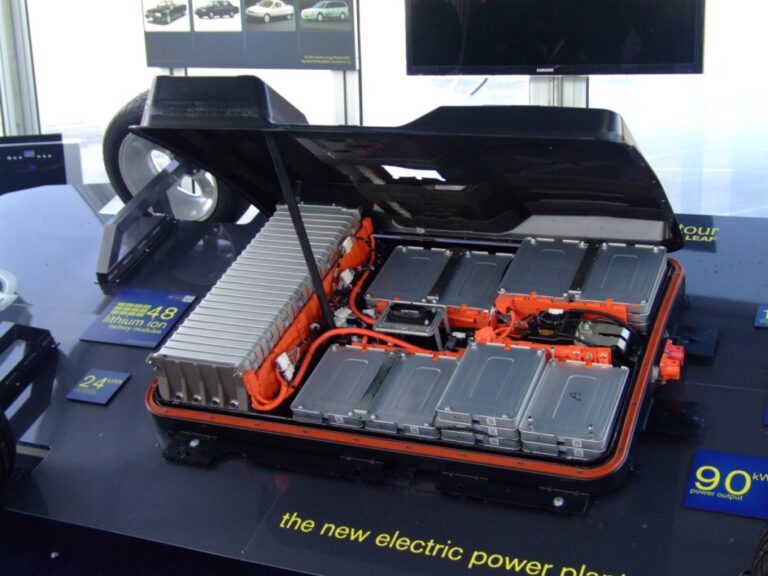UK-based clean technology group Altilium has partnered with Nissan on a project to improve the sustainability of EV batteries manufactured in the UK. They plan to do this by using advanced recycling technologies to lower the carbon footprint of new batteries and reduce reliance on imported raw materials.
The work is part of a £30m (US$39m) collaborative project announced by the Advanced Propulsion Centre (APC), which has been awarded grant funding of £15m (US$19m). The consortium also includes Connected Energy, a provider of second-life battery energy storage solutions in the UK. The project will be based at Nissan’s Technical Centre Europe (NTCE) in Cranfield, Bedfordshire.
The companies will work together to increase raw material recycling and develop a closed-loop model for battery materials, hoping to reduce mining and save natural resources. This will include processing waste from spent Nissan leaf batteries and production scrap. The waste is then upcycled to produce high nickel chemistry cathode active materials (CAM) for testing in next-gen EV batteries. The joint venture’s goal is to establish a circular approach to managing EV batteries.
Altilium says its EcoCathode hydrometallurgical process can recover more than 95% of the cathode metals, including lithium, from end-of-life EV batteries.
Dr Christian Marston, co-founder and COO of Altilium, said, “The collaboration with Nissan and Connected Energy marks a significant milestone in our mission to create a sustainable ecosystem for EV batteries. Together, we are leveraging our strengths and resources to revolutionize how we manage and repurpose EV batteries, ensuring the UK has a domestic and sustainable source of battery materials for low carbon transportation.”


